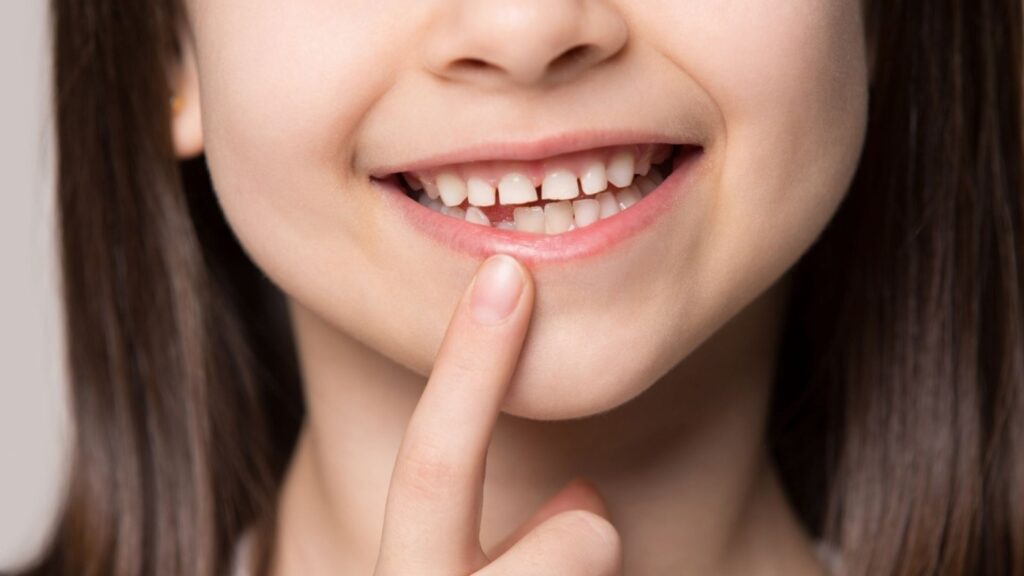In Japan, scientists have developed a revolutionary drug that can regenerate lost teeth. Initially tested on animals, the drug is now moving to human trials. The trials will take place at Kyoto University Hospital starting in September and will continue until August 2025. The process will involve trials on 30 men aged between 30-64 who have lost at least one tooth.
Expansion of Drug Tests
After an 11-month period, trials will also be conducted on populations affected by congenital tooth deficiency, which affects about 1% of the population. Initially, the drug will be tested on children aged 2-7 years, and later it will be applied to adults missing between one and five teeth.
The Role of USAG-1 Protein and Its Effects on Humans
The drug, which promotes tooth regeneration by inhibiting the interaction of a protein called USAG-1, could potentially bring hope to many people worldwide, particularly the elderly. Previous experiments on mice and ferrets showed no side effects, and the effects on humans are a subject of great interest.
The Future of the Research and Market Launch Plans
Researcher Katsu Takahashi states that they aim to provide a permanent solution for those suffering from tooth loss. Scientists anticipate that the drug could be launched as early as 2030. This development is seen as a significant advancement in dental health and has the potential to improve the quality of life for many people.
